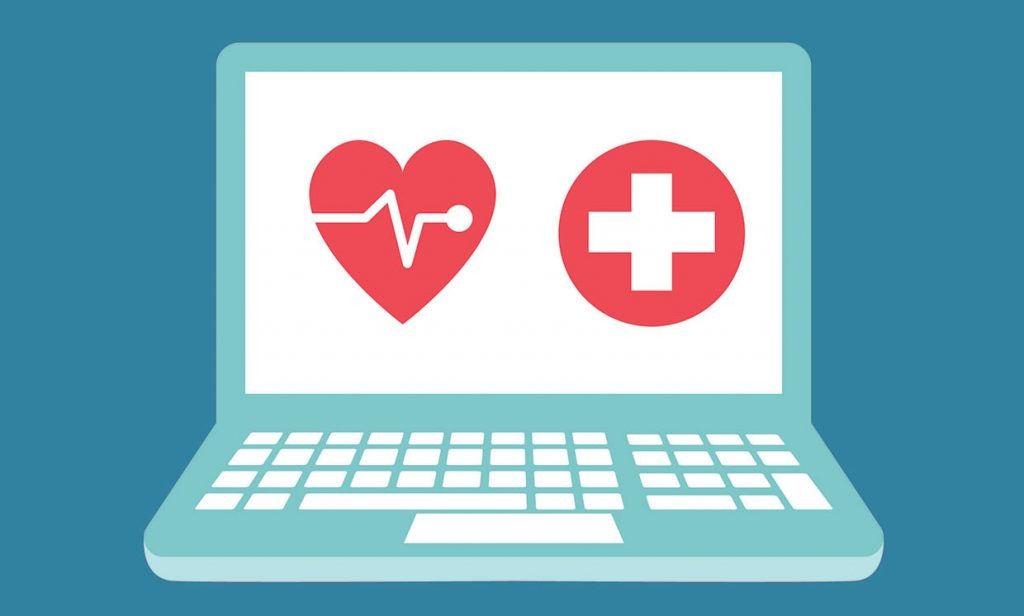If you’re an independent medical practice owner, you know how vital it is to have the proper tools in order to effectively provide healthcare services and boost staff productivity. And while you may understand this to be true in general, it’s likely that you could still benefit from further insight into the software that’s widely utilized by medical practices, hospitals, and clinics – specifically, electronic health records (EHR) systems.
According to a recent report by Gartner, “Care transformation (changing the way care is delivered and tracking the changes) confers the largest benefit but takes the greatest investment in data, technology, leadership, and process change – and it requires a full set of EHR functions.”
In this article, we’ll take a look at several advantages and disadvantages of EHR systems to help you determine whether this tool is worth the investment for your practice.
Advantages of EHR Systems for Independent Practices
In the above-mentioned report, Gartner points out that the benefits of EHR software largely depend on who you’re asking. That is to say, the particular advantages of EHRs will vary across independent physicians, patients, hospitals, and large healthcare organizations.
To help simplify matters, Gartner identified a number of categories of EHR benefits, five of which directly pertain to independent medical practices. While the time and effort users have to invest before reaping these benefits will differ, the advantages of EHR software for independent practices are self-evident.
Reduced Labor
EHR systems enable clinicians to review patient data more quickly. Meanwhile, administrative staff can spend less time on calling or emailing appointment reminders due to automated processes integrated into the software. Thanks to built-in templates, patient documentation is also much easier.
Minimized Resource Consumption
EHRs negate the need for most paper forms and reduce the amount of physical copies that need to be printed. EHR users will also encounter fewer duplicate or unnecessary lab orders.
Improved Care Delivery
Patient care is also significantly improved when EHR systems are used. This translates into faster time to treatment, earlier and better diagnoses, and superior medication management.
Easier Data Collection and Analysis
EHR software allows you to create reports more quickly, view data trends more thoroughly, and control inventory at a glance.
More Organizational Efficiency
Collaboration between partners and other providers is also enhanced via the use of EHRs, especially when different systems are interoperable. Billing is made simpler through coding applications, and the risk of malpractice claims is greatly reduced due to better documentation.
Disadvantages of EHRs for Independent Practices
Of course, no type of software is completely devoid of drawbacks. And while the negatives of EHR systems total far fewer than the benefits, there are two major drawbacks worth considering – time and money.
EHR Implementation Takes Time
Choosing and deploying an EHR system can take quite a bit of time. As you finalize your budget, determine which features you need, schedule product demos, and negotiate with software providers, it starts to become clear that this isn’t a process you can carry out over the course of just a few weeks.
Even after you decide on the right product for your practice, you’ll have to build in enough time for your team to get the hang of the system before you begin to see it working effortlessly.
EHR Software Costs Money
There are various costs – upfront, recurring, and underlying – connected with adopting new EHR systems. Naturally, independent medical practices are always on the lookout for the most cost-effective options. If you wish to secure all the benefits that EHRs have to offer, it isn’t going to happen for free.
There are countless variables involved in calculating precisely how much it costs to adopt, install, and maintain an EHR system. So, instead of trying to arrive at a specific number and building your budget around that, it is recommended that you work out how much you can afford and seek out EHR products that fit within that limit.
Final Thoughts
While it’s critical to understand the advantages of EHR systems as well as their disadvantages, it’s worth bearing in mind that some issues related to the latter are oftentimes a result of factors beyond the system’s control.
In particular, concerns such as clinician burnout, decreased productivity, or negative returns on investment could arise due to inadequate staff training or a substandard software rollout.
EncounterWorks is a completely integrated system that combines data management, billing, and EHR functions into one easy, smart, and flexible platform. EncounterWorks’ EHR is designed to accommodate your independent medical practice’s workflow. Flexibility and customization options enable our EHR to efficiently adapt to any practice specialty, making us the perfect fit for ANY healthcare team.
If you’re looking to implement an EHR for the first time, or you simply aren’t satisfied with your current EHR provider, reach out to us today at 877.884.3367 or request a demo.
An earlier version of this article appeared on Software Advice’s website.











